Sidebar
Orchestration of virtual environments for training
Virtual reality enables learners to experiment, to be trained and to visualize the impact of their decisions. It is often used to teach technical gestures or technical skills, but is still under used to train people to complex socio-technical situations. We are particularly interested in training to manage critical situations and to manage crisis situations. In order to manage this type of situations, it is important that operators are trained on both technical and non-technical skills (leadership, team work, stress management, decision making). The uncertainty of the evolution of the situations makes it difficult to make a decision. In these cases where ideal solutions might not exist, the goal is not to help the learner to find the ideal solution, but to help her/him consider the choices on offer, and become more confident in making decisions in the future. We wish for the learner to be able to experiment her/his different decisions, and to see the effect they have.
In order to make training through personal experience easier, it is necessary for the learner to face diverse potential situations of development (Vygotsky, 1978), i.e appropriate to her/his level of knowledge and of expertise on the task to be executed, while providing her/him the necessary resources to execute the task. To place the learner in potential development situations rather than in situation of failure, the situations need to be carefully tailored to be difficult enough, but not too much, and to target skills suitable to each learner.
To support this kind of training, a huge work needs to be done on the scenarios authoring. This necessary amount of work to scale up to coherent and precisely controlled scenarios is called authoring bottleneck. It shows the necessity to set up generical orchestration systems independent from the applications, able to create adaptable environments, without having to define specifically every possible scenarios.
We propose the platform HUMANS (HUman Models based Artificial eNvironments Software platform). HUMANS is an orchestration system aiming towards apparently contradictory objectives such as:
- agency, allowing trial-and-error training,
- dynamical aspect and efficiency of the scenario control in order to guarantee the training,
- coherence between representatives and real behaviors and transfer from and toward real situations,
- encouragement of reflective learning through explicability, i.e make the user reflect on her/his task and his learning,
- system adaptability, essential to provide scenario variability.
The socio-technical environments we are looking into have a strong collective dimension. We are particularly interested in training learners to team management, leadership, communication, etc. In order to give training for these skills, we wish to confront the subject to diverse contexts and to diverse teams. To generate such diverse situations, we choose to have virtual characters playing the role of team members.




